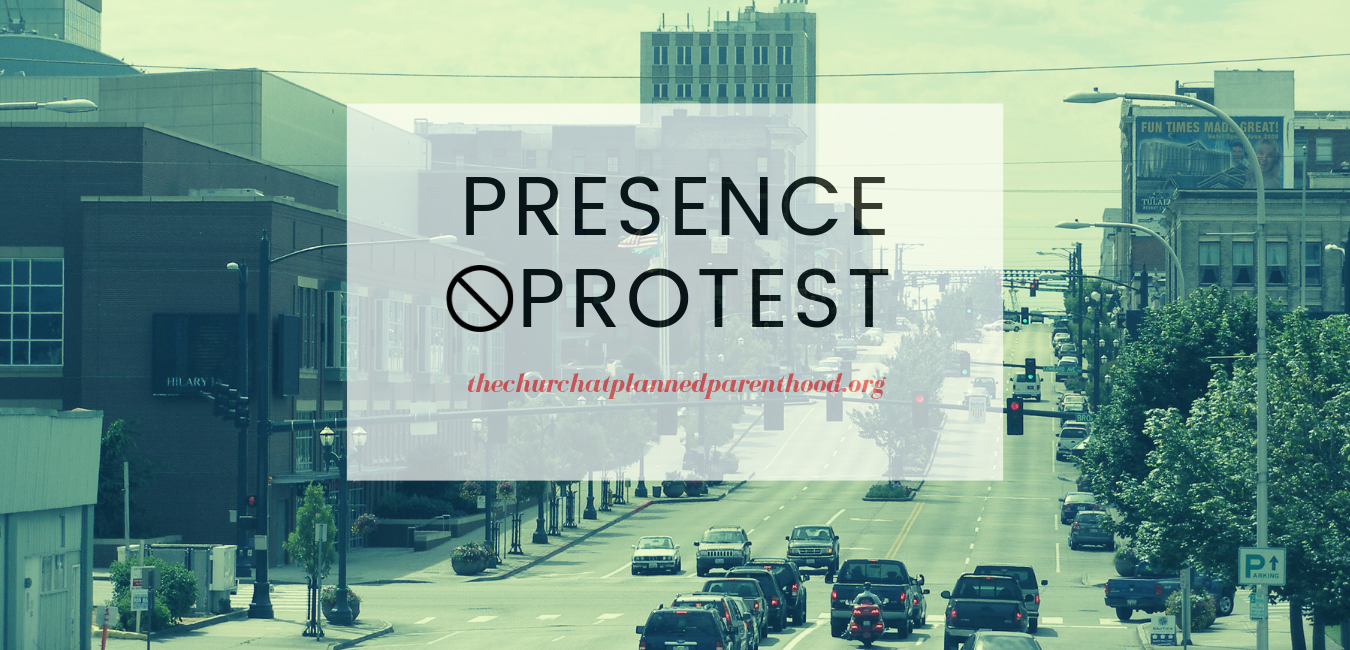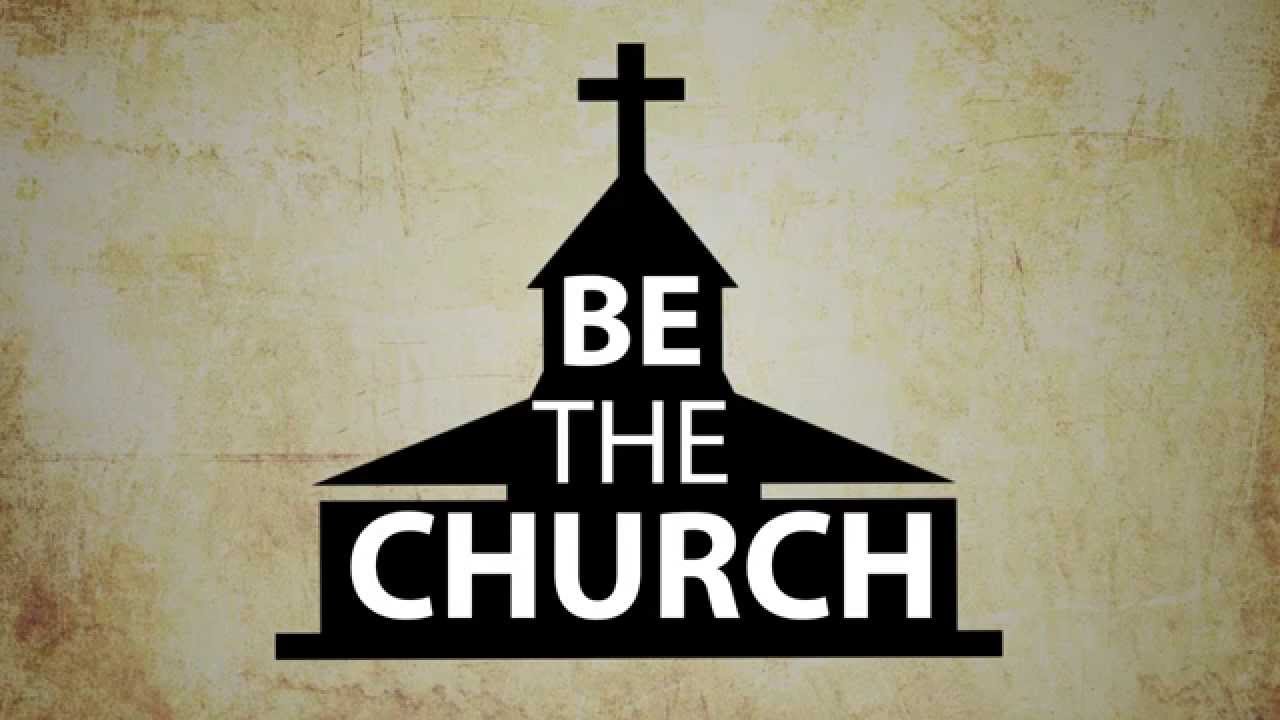The church is more than a place where Christians just happen to hang out on Sundays. It is more than a once-a-week event, more than a religious outing, more than a Christian club. The church was not an addendum to God’s plan for salvation, in fact, we believe it is central to it. Jesus did not die for a person, he died for a church—a specific group of people—through whom he would continue to restore the world with the gospel. The church is the fellowship of believers, the family of God (a family of families), where the presence of God’s Spirit chiefly dwells, and where the wisdom of God is uniquely made manifest.
Restoration Road church is not the only expression of God’s family. The church is both universal and local, both invisible and visible, both spiritual and physical. According to the Bible, the universal, invisible, and spiritual church generally refers to: all the true Christians around the world past, present, and future.
In contrast, the local, visible, physical church generally refers to: an assembly of disciples saved by Jesus, unified by their gospel identity, sent into the world on mission to proclaim the gospel, led by biblically qualified elders, committed to proclaiming gospel truth and living as gospel community in the world.
This is who the church is…but what does the church do?
There are a few things that a church MUST do in order to be consider a church at all. Protestant Reformer John Calvin identified two distinctive characteristics of a church: “Wherever we see the Word of God purely preached and heard, and the sacraments administered according to Christ’s institution, there, it is not to be doubted, a church of God exists. … If it has the ministry of the Word and honors it, if it has the administration of the sacraments, it deserves without doubt to be held and considered a church. For it is certain that such things are not without fruit” (Institutes, IV.i.9). In his view,, the church must preach the word, administer communion and practice baptism. There are a few other assumptions in their, including, some sort of gathering which itself assumes a certain kind of identification and relationship with that group.
Going back even further, Calvin’s 16th century description matches the practices of the 1st century church found in Acts 2.42-47: 42:
And they devoted themselves to the apostles’ teaching and the fellowship, to the breaking of bread and the prayers. 43 And awe came upon every soul, and many wonders and signs were being done through the apostles. 44 And all who believed were together and had all things in common. 45 And they were selling their possessions and belongings and distributing the proceeds to all, as any had need. 46 And day by day, attending the temple together and breaking bread in their homes, they received their food with glad and generous hearts, 47 praising God and having favor with all the people. And the Lord added to their number day by day those who were being saved.
The description of the first church’s ministry–what the church does–teaching,
fellowship, shared meals (communion), prayers, benevolence, corporate worship, small groups, and even some form of evangelism.
As a church, there are literally hundred different ways to fulfill the ministry we have received. All too often, churches build tremendous programs to “do ministry.” They end starting programs, launching ministries, and doing a number of different things to reach people for Jesus. These programs may in fact grow the church. But the bigger it gets, the sicker it becomes. In time, the ministry of programs designed to help actually hinder the ministry of Jesus–making disciples.
At Restoration Road Church, we have been careful to set some basic priorities.
These priorities are established to ensure our church remains biblical and balanced. Our priorities emphasize what we believe is at the core of what the Bible expects of the church. Our priorities are not connected with specific programs, but a larger themes that help us live out our gospel-identities. Our priorities play a significant role in  decision-making, especially in regards to hiring staff and buying buildings. Every decision must help us fulfill our ministry represented by these priorities.
decision-making, especially in regards to hiring staff and buying buildings. Every decision must help us fulfill our ministry represented by these priorities.
Our priorities not only ensure we are biblical, but balanced. They help us ensure we do not overemphasize one aspect of our ministry at the expense of another. For example, if we are only GATHERING and never SENDING, then we are unhealthy. Or, if all of our small group gatherings are BIBLE STUDIES and we are not knowing and loving one another, then we are unhealthy. In the end, our priorities provide us a lens through which to evaluate the overall health of our ministry as well as govern the placement, or removal, of a specific program in our ministry.
ROAD CHURCH (GATHERING)
We gather as one church corporately every Sunday to celebrate the riches of God’s grace in Christ. Through singing, preaching, baptisms, and communion, we worship all that Jesus has done and is doing in and through us. Our time is centered on lifting up the person and work of Jesus for His glory and our joy. We also gather to worship by playing together through various events, retreats, and special services.
ROAD GROUPS (FELLOWSHIPPING)
Road Groups are how we organize ourselves to obey Jesus as we live out our mission to make disciples. Our groups are the primary engine for leadership development, discipleship, evangelism, community, mission, and even counseling. This is where life happens. Our intention is not to get fed and fat. Rather, we intend these groups to help us fulfill the Great Commission by living out the Great Commandment.
ROAD WORK (TRAINING)
This aspect of our ministry focuses on formalized discipleship for the purpose of equipping the body for ministry. This includes our ministry to men and women, all classes, mentoring, trainings, studies, boot camps, or conferences offered by our church. All Road Work is designed to mature men and women in Christ, beginning with new Christians and extending to future leaders, elders, and planters.
ROAD SALT (SENDING)
Road Salt is where we partner with like-minded believers to spread the gospel to locally, regionally, domestically, and internationally (Acts 1.8). We aim to serve with, give to, and otherwise promote ministry organizations to advance the gospel to the lost through evangelism, discipleship, social justice, and church planting. The focus here is people and groups with whom align theologically, who possess a clear mission to the lost, and who demonstrate a strong commitment to the local church.
NEXT BLOG: WE NEED ANOTHER PASTOR – VISION 2020 Pt.3




